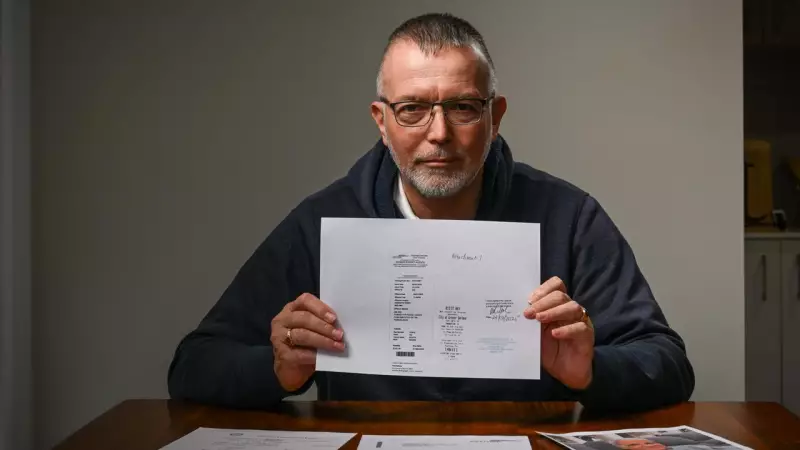
In a dramatic reversal, the City of Greater Geelong has withdrawn a controversial parking fine issued to a vehicle near University Hospital Geelong after widespread public condemnation forced a re-evaluation of the situation.
Community Outrage Sparks Council Review
The controversy began when local resident Kylie received a $102 infringement notice for parking her white Kia Sportage on Myers Street adjacent to the hospital grounds. Her vehicle was ticketed despite being parked in a designated area that hospital staff and visitors have used for years without issue.
The fine sparked immediate public backlash, with many questioning why parking enforcement would target vehicles near a hospital where visitors are often dealing with stressful medical situations. The location in question sits directly beside the hospital's emergency department, making it a crucial parking spot for those attending to urgent medical needs.
Council Admits Error in Judgment
Following the public outcry, Geelong Mayor Trent Sullivan personally intervened in the matter. The council conducted an urgent review of the circumstances surrounding the fine and determined that withdrawing the infringement was the appropriate course of action.
Mayor Sullivan acknowledged the unique circumstances of hospital parking, stating that common sense needed to prevail in this situation. "We have to be reasonable," he emphasized, noting that the council recognized the particular challenges faced by hospital visitors and staff when it comes to parking availability.
The mayor confirmed that the fine had been officially withdrawn and the matter closed. This decision came after the council received multiple complaints from community members who expressed frustration about the parking enforcement near critical healthcare facilities.
Broader Implications for Hospital Parking Policy
This incident has highlighted ongoing tensions between parking enforcement and healthcare access in Geelong. University Hospital Geelong serves as a major medical hub for the region, attracting thousands of visitors weekly who often struggle to find convenient parking.
The controversy has sparked broader conversations about how parking regulations are applied near essential services. Many residents have pointed out that parking enforcement should consider the emotional and practical challenges facing hospital visitors, who may be dealing with medical emergencies or visiting critically ill relatives.
While the council maintains that parking regulations exist for safety and accessibility reasons, this case demonstrates that flexibility and common sense application are equally important. The swift reversal suggests that community feedback can effectively influence council decisions when enough people voice their concerns.
This incident serves as a reminder that local governments must balance regulatory enforcement with practical realities, especially when it comes to essential services like healthcare facilities. The resolution has been welcomed by Geelong residents who see it as a victory for common sense and community advocacy.





